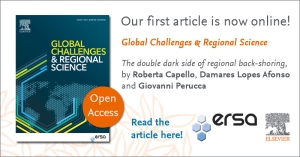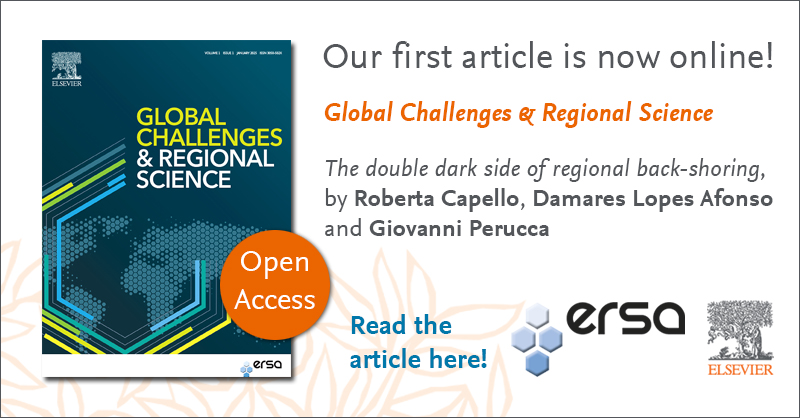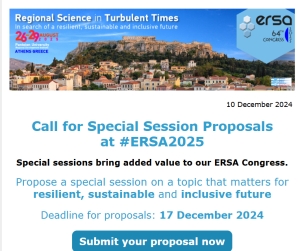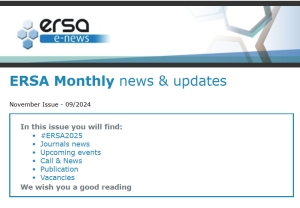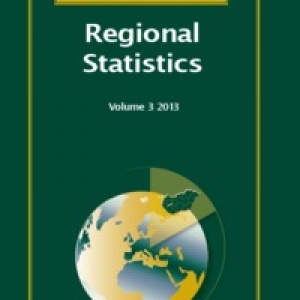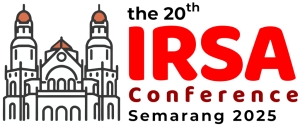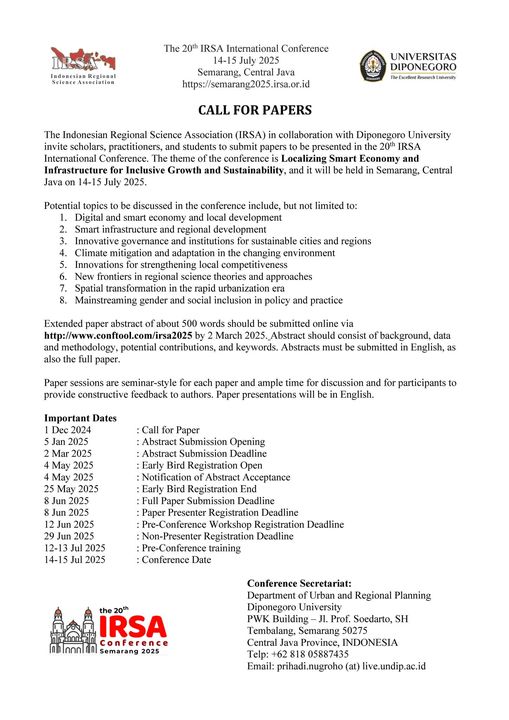Elisabete Martins
Postdoctoral Researcher in Sustainability Economics, ETH Zurich, Switzerland
Postdoctoral Researcher in Sustainability Economics
The Sustainability Economics Group, led by Prof. Dr. Moritz Drupp, seeks to inform and support the transition to sustainable futures. We investigate how society can manage natural and human-made resources not only efficiently but also equitably. Research foci in the group include (i) studying the efficacy and distributional effects of environmental policies, (ii) exploring concepts of intergenerational justice, such as applied to estimating the social cost of carbon, (iii) analysing preferences and sustainability-relevant behaviours, and (iv) accounting for the limited substitutability of nature when measuring and managing sustainable development. We draw on a diversity of methods (theory, modelling, surveys, experiments, quasi-experimental designs), often in international, interdisciplinary and transdisciplinary cooperation, and publish our work in general economics journals (e.g. American Economic Journal: Economic Policy, Journal of Economic Literature), field journals (e.g. JEEM), and interdisciplinary journals (e.g. Nature Climate Change, PNAS, Science). With our teaching, we seek to stir students’ enthusiasm for the possibilities in which economic theories and empirical methods can help to better understand and manage sustainability challenges. We furthermore actively contribute to the societal debate and help to improve public policy.
- Institution: ETH Zurich, Switzerland
- Details: Postdoc at ETH Zurich
Assistant Professor in Development Economics, Wageningen University
Assistant Professor in Development Economics
The Development Economics group at Wageningen University & Research invites applications for an Assistant Professor in development economics, beginning in July 2025 (or a later agreed upon date). We seek an enthusiastic and high-quality colleague, with expertise in empirical and/or theoretical development economics, to complement our team.
As Assistant Professor, you will be expected to:
- develop and implement research projects and publish in top (field) journals in economics;
- develop and teach courses, in collaboration with colleagues, and supervise PhD students and BSc and MSc theses;
- acquire funding to realize your research agenda;
- contribute to a lively, friendly, and inclusive working and learning environment.
- Institution: Wageningen University (WUR), Netherlands
- Details: Assistant Professor at WUR
Global Challenges & Regional Science | First paper published in the journal now available online!
ERSA2025 | Hurry up! Only 1 week left to propose a Special Session
|
|
|
|
|
|
|
|
Post-Doctoral position | Faculty of Economics, Administration and Accounting, University of Sao Paulo, Brazil
Post-Doctoral position
Faculty of Economics, Administration and Accounting
University of Sao Paulo, Brazil
Project: Fapesp 2024/01097-2, CCD -Centros de Ciências para o Desenvolvimento
The research project: The post-doc researcher will participate in a multidisciplinary research project involving the areas of Economics, Urban Planning, and Transport Engineering on the consequences of urban sprawl on the cities of Sao Paulo State, Brazil. The project is funded by the São Paulo State Science Foundation (FAPESP – Fundação de Amparo à Pesquisa do Estado de São Paulo) and the State Secretary of Urban Development (Secretaria de Desenvolvimento Urbano do Estado de São Paulo).
The candidate must have solid experience in territorial planning and management with an emphasis on computational modelling and spatial analysis, with knowledge of institutional governance and evaluation of public policies for urban and metropolitan development. She/he must demonstrate extensive experience in data manipulation and analysis in Geographic Information Systems (GIS).
The candidate is expected to demonstrate autonomy, leadership and technical competence for the development of integrated applied research and a strong ability to work effectively in teams from different areas within the scope of the project.
Candidates must send the following documents to the indicated e-mail address:
- Summary of their CV in the FAPESP format, as per fapesp.br/5266;
- Application letter with a brief description of their research interests and experiences.
The position is open to Brazilians and foreigners. The candidate must have concluded her/his Ph. D. program after 2019
Participation: The tasks will be developed at the University of Sao Paulo Urban and Regional Economics Lab – NEREUS (Núcleo de Economia Regional Urbana da Universidade de São Paulo), at the USP main campus in Sao Paulo. The candidate will have a workstation at the NEREUS Lab and must participate physically in all the Lab’s academic activities, such as seminars, conferences, etc.
Language: Interactions could be both in Portuguese or English, but all documentation and research material will be in Portuguese. Therefore, ability to reading in this language is a necessary condition.
Location: USP Campus, Cidade Universitária, Sao Paulo
Duration: 24 months
Remuneration: BRL 12.000,00 per month
The proposals must be sent to This email address is being protected from spambots. You need JavaScript enabled to view it. between October 20 and November 20, 2024. They must include a diploma or certificate of conclusion of a Ph. D. program, a detailed CV, and a statement of interest.
Details on the FAPESP Post-doctoral fellowships at https://fapesp.br/en/postdoc
ERSA Monthly E-news - November 2024
|
Post-Doc position at Polimi on "GVCs, digitalisation and regional dynamics"
Post-Doc position at Polimi on "GVCs, digitalisation and regional dynamics"
Research Title (and research sub-programme):
GVCs, digitalisation and regional dynamics: an impact assessment (GRINS)
Research programme description:
The aim of the project is to analyse the impact of the major challenges, in particular globalization and digitalisation, on regional growth and development. The study is both at theoretical and empirical level and calls for an economic, econometric and statistical background.
Starting and implementation of the research programme:
Development of a theory, a database and an empirical analysis
Activities that the Temporary Research Fellow will carry out, obligations of the Temporary Research Fellow and conditions :
The candidate will have the aim to analyse the literature, collect a database and develop an econometric and statistical analysis on European data.
Deadline for applying: Dec. 10, 2024
Expected start of activities: Feb 1, 2025
For any question, please write This email address is being protected from spambots. You need JavaScript enabled to view it.
We look forward to hearing back from you!
The New Issue of Regional Statistics is already Available! (2024, VOL 14, No 6)
REGIONAL STATISTICS, 2024, VOL 14, No 6.
STUDIES
Dear Readers,
We are pleased to say that the 6/2024 issue of Regional Statistics has been published and available online!
CONTENT
Agus Dwi Nugroho - Mária Fekete-Farkas - Zoltán Lakner: Impact of climate change mitigation actions on food prices in developing countries
https://www.ksh.hu/statszemle_archive/regstat/2024/2024_06/rs140601.pdf
Üzeyir Fidan: Convergence or divergence? Trends in the digitalisation index cluster over the years
https://www.ksh.hu/statszemle_archive/regstat/2024/2024_06/rs140602.pdf
Kamran Jafarpour Ghalehteimouri - Faizah Che Ros - Shuib Rambat: Impact of spatial planning and policies application on land transformation under the National Physical Plan regional policies in Selangor State between 2005 and 2020: a satellite based analysis
https://www.ksh.hu/statszemle_archive/regstat/2024/2024_06/rs140603.pdf
Ummuhabeeba Chaliyan - Mini P. Thomas: Impact of financial development on international trade in BRICS countries: does the sector matter?
https://www.ksh.hu/statszemle_archive/regstat/2024/2024_06/rs140604.pdf
Zoltán Egri - Julianna Csugány - Tamás Tánczos: Local convergence clubs in Hungary: the role of initial
and structural factors in club formation, 2001–2020
https://www.ksh.hu/statszemle_archive/regstat/2024/2024_06/rs140605.pdf
Samaneh Raiss Shaghaghi: Does China’s anti-corruption efforts impact the fiscal position of local governments?
https://www.ksh.hu/statszemle_archive/regstat/2024/2024_06/rs140606.pdf
Gábor Harangozó - Petra Fakó: Relationship between the DESI and the SDG index in the European Union with a special focus on the Visegrad Group countries
https://www.ksh.hu/statszemle_archive/regstat/2024/2024_06/rs140607.pdf
Balázs Benjámin Budai - Gábor Bozsó - Sándor Csuhai - István Tózsa: Digital literacy and the capability to manage e-government in today’s Hungary
https://www.ksh.hu/statszemle_archive/regstat/2024/2024_06/rs140608.pdf
Join us to our social networking sites:
Indonesian Section | CALL FOR PAPERS: 20th IRSA Conference,14–15 July 2025,Semarang, Central Java, Indonesia
New Issue: Papers in Regional Science | Volume 103, Issue 6, December 2024
|
|
|
|
|
|
|
|
|
|
|
|
|
|
|
|
|
|
|
About Us
The Regional Science Association International (RSAI), founded in 1954, is an international community of scholars interested in the regional impacts of national or global processes of economic and social change.

